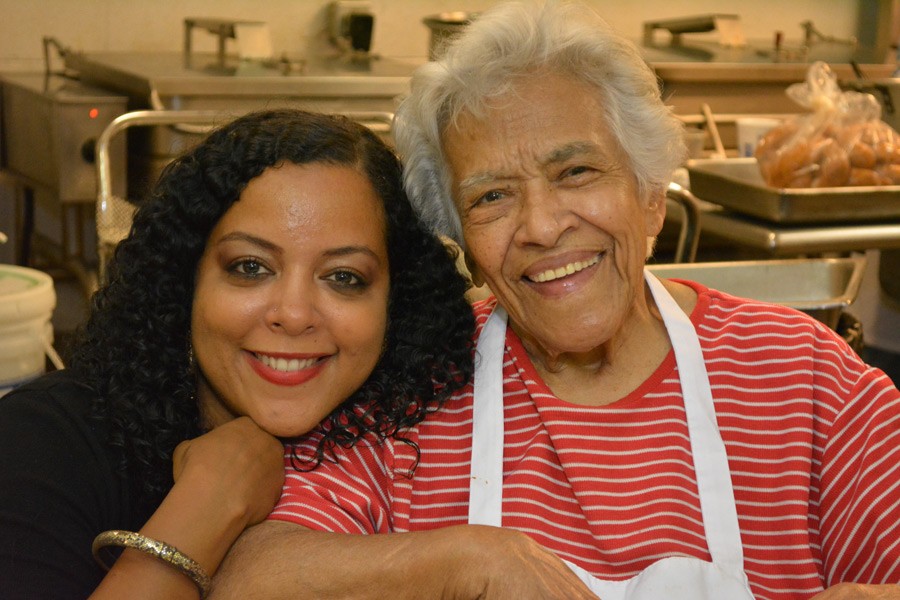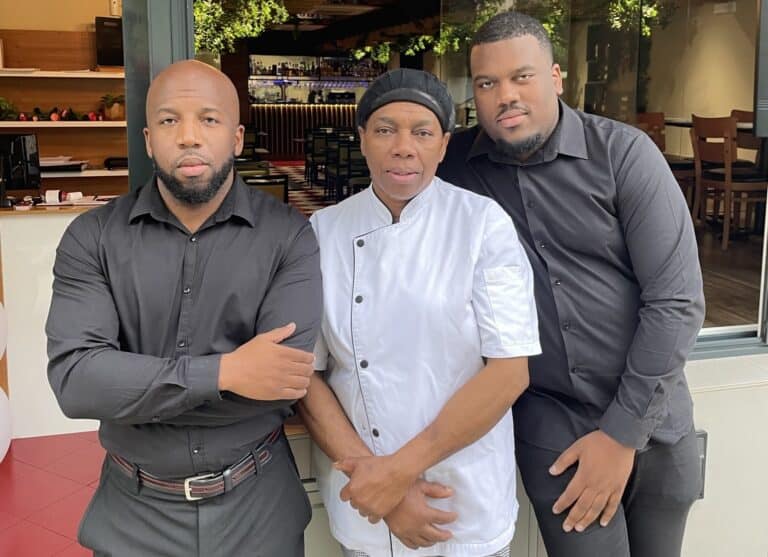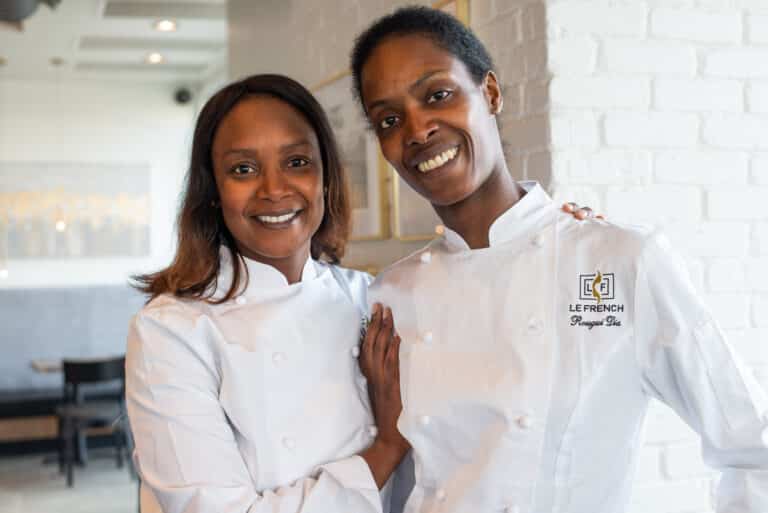|
Getting your Trinity Audio player ready...
|
This August marks the 10th anniversary of Hurricane Katrina. Over the years, we have all watched the tenacity of New Orleanians reclaim the history and culture that makes it one of the most treasured U.S. cities.
Say the words “New Orleans” and immediately eyes light up with sounds of trumpets and jazz music playing down the street and visions of beignets and po boys dancing through one’s head.
On April 16 & 17, Dillard University Ray Charles Program in African American Material Culture will honor the history of Creole cooking with its inaugural conference, The Story of New Orleans Creole Cooking: The Black Hand in the Pot.
Curated by the program’s director, Zella Palmer, the two-day conference will focus on the history and contributions of African-Americans to Creole cuisine. With origins dating back to the Civil Rights Movement, it is one of the most recognized cuisines in the world along with Leah Chase who has been dubbed the Queen of Creole Cuisine.
Connecting New Orleans Black Culinary Community
Palmer, who was raised in Chicago, has strong roots in New Orleans with family members still remaining in the city after her grandfather moved up north. Between summer visits as a child and pursuing a degree in Museum Studies, Palmer says, “I feel that my life has always led me to food. I didn’t want to necessarily go outside and play as much. I would rather help out in the kitchen and listen to my elders’ stories.”
Prior to joining Dillard last summer, her past experience entails an internship at the Southern Food and Beverage Museum in New Orleans as well as being a curator at the DuSable Museum of African American History in Chicago.
The Ray Charles Program in African American Material Culture came about after Ray Charles received an honorary degree in 2003 from Dillard and a conversation followed regarding the concerns about the culinary contributions by Blacks in the city that seem to be dying. Charles, who once lived in New Orleans, was a huge supporter of New Orleans culture and cuisine.
Through an endowment he left, the university created the first African-American Food Studies and Material Culture program with a mission to, “research, document, disseminate, preserve and celebrate African American culture and foodways in the South.”
The program’s first professor was culinary historian and author, Dr. Jessica B. Harris. Palmer says her main focus now is building awareness about the program and connecting with chefs, cooks, historians, etc.
Sharing the History of Creole Cooking
April’s conference will certainly provide an amazing backdrop to the history and culture of Creole cooking by bringing together top historians and chefs.
Conference highlights on Thursday, April 16, which are free, open to the public and scheduled from 9 am – 4 pm, include:
- Ibrahima Seck, academic director of the Whitney Plantation and Senegalese historian, will present “Memory Dishes from Gritsland and Riceland.” The Whitney Plantation, the country’s first museum dedicated to slavery, was the subject of a recent New York Times article.
- Civil rights activist A.P. Tureaud Jr. will talk about Louisiana cuisine and its relation to civil rights activism.
- Liz Williams, director of the Southern Food and Beverage Museum, will speak on “Before There Was Martha Stewart, There Was Lena Richard” and the life of the culinary icon.
- New Orleans Creole historian Barbara Trevigne will talk about the ingenuity of the Creole street vendors in New Orleans.
- “From Palm Fronds to Crawfish Ponds: Religion and Food in the Black Community and How It Relates to Creole Cuisine” is the topic of educator, master gardener and caterer Austin Sonnier.
- Dillard professor, poet and folklorist Mona Lisa Saloy will talk about “Creole Cuisine in Literature.”
- Palmer will speak about “Uncovering the Culinary History of Dillard University, 1935-2014.”
- Keynote address by Michael Twitty titled, “Reading the West & Central African Presence in the Creole Culinary Repertoire.”
The afternoon will host a lunch featuring traditional Creole dishes that Dillard students and faculty used to eat back in the day.
The late Rudy Lombard who coined the term, “Black Hand in the Pot,” will be honored on Thursday at the conference as well for his civil rights work and contributions for preserving the culinary stories of chefs and cooks of color. The program will name their future lecture series after him.
RELATED: Joe Durio Brings Taste of Louisiana to Bay Area’s Creole United Festival
On Friday, April 17, culinary historian Michael Twitty will host The Black Hand in the Pot culinary workshop inside of the Whitney Plantation. The cost is $30 per person and is currently sold out.
A Wrap-Up Party will take place from 6 – 10 pm at the Second Vine Winery in the Marigny neighborhood. Must be 21 and over and to RSVP to attend, email Palmer at zpalmer@dillard.edu.
After the conference, be sure to follow the program for future events and additional programming announcements. For more information about the conference or the Ray Charles Program in African American Material Culture, contact Zella Palmer at 504.816.4091 or zpalmer@dillard.edu. Be sure to follow the program on social media on Instagram, Twitter, and Facebook.








